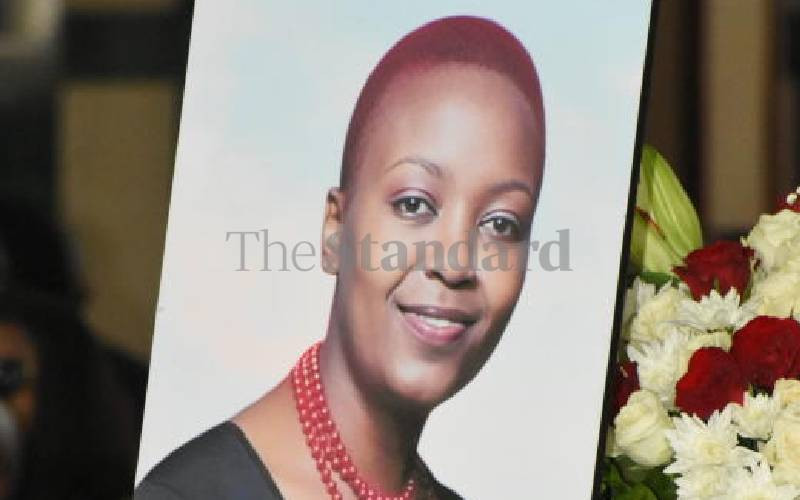×
The Standard e-Paper
Home To Bold Columnists

Our weekly meeting on Tuesday was particularly sombre. It was the same day an autopsy of our late colleague Rita Tinina was to be conducted. She formed part of the agenda and in our prayers we thanked God for having known her as well as peace to her family.
It is the moment of silence that had me wondering, as I looked at the young wide-eyed journalists in the newsroom, "Do these young journalists really know who Rita Tinina is?"